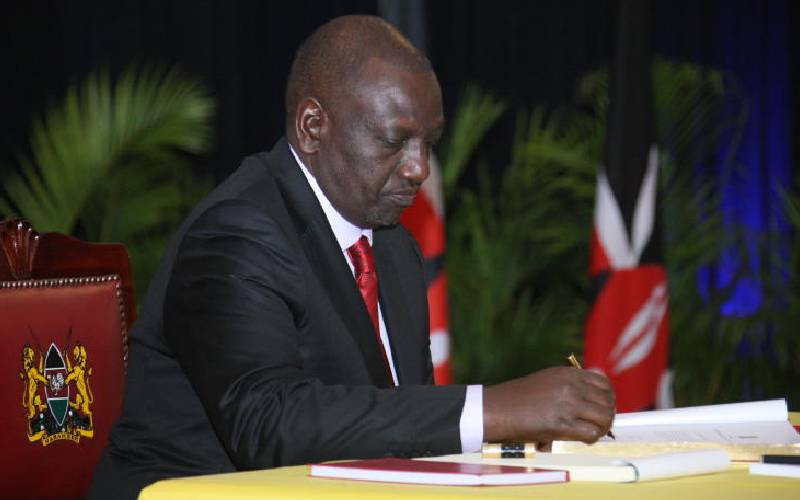×
The Standard e-Paper
Stay Informed, Even Offline

If you searched online why a duck and its brood walk in a straight line, it returns interesting responses. "The straight line is tactical to disperse rivals for food and to minimise the target size for a predator," is probably one of the responses likely to pop up.
It appears that is the way the four past regimes have acted in regards to how they interact with Opposition leader Raila Odinga.